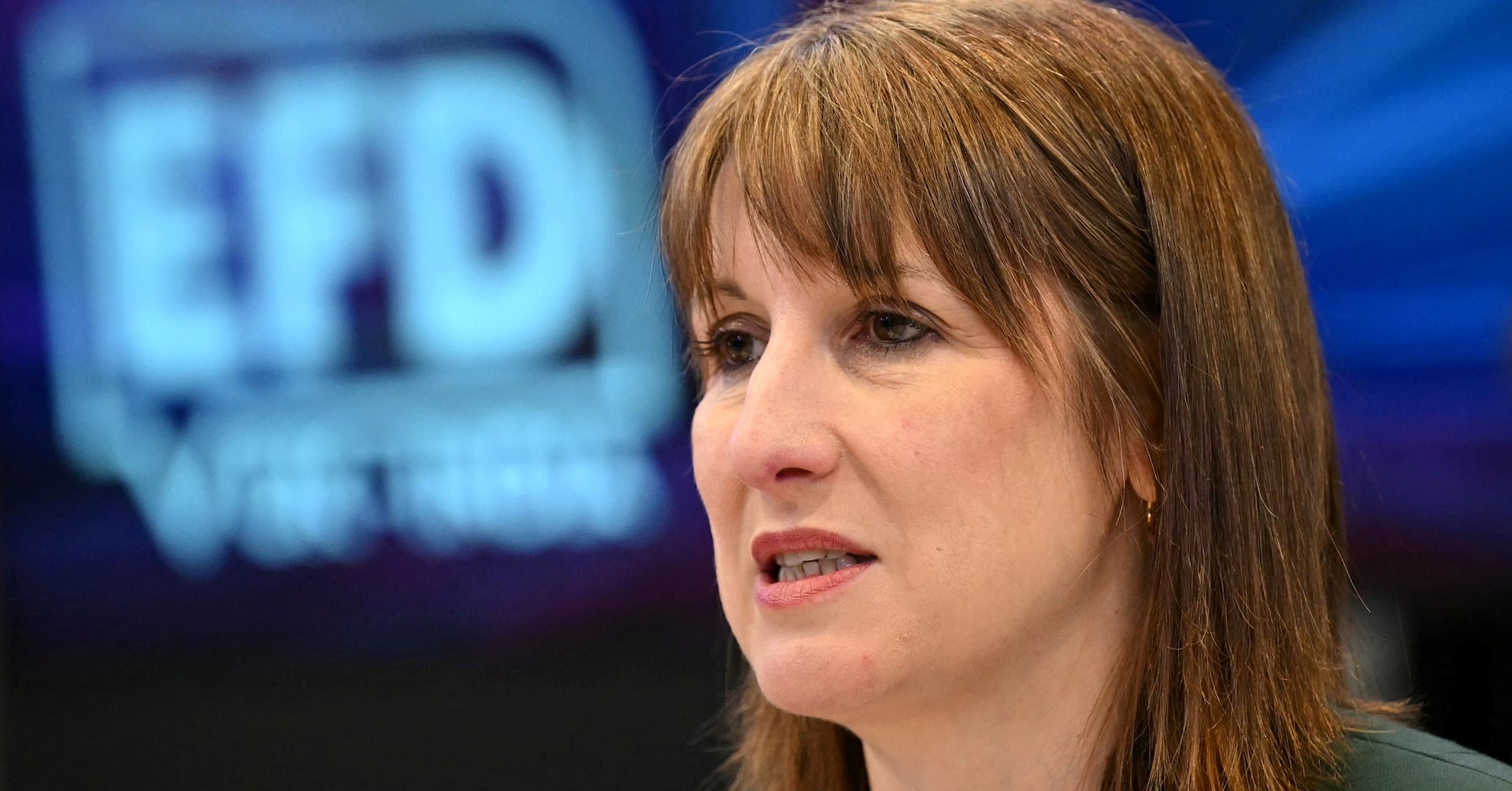Defence Dollars: UK Finance Chief Seeks EU Collaboration on Military Spending

In a strategic move to strengthen international cooperation, British Shadow Chancellor Rachel Reeves is set to urge European Union finance ministers to deepen collaboration on defense financing. Her upcoming diplomatic initiative aims to forge stronger economic and national security ties between the United Kingdom and its European partners.
Reeves will leverage her high-profile meeting on Friday to emphasize the critical importance of joint financial strategies in an increasingly complex global landscape. By proposing closer coordination on defense funding, she seeks to demonstrate how collaborative economic approaches can enhance regional stability and mutual protection.
The proposed dialogue represents a significant diplomatic outreach, signaling Britain's commitment to maintaining robust international relationships despite recent political transitions. Her approach underscores the potential for constructive engagement and shared economic interests between the UK and EU member states.
